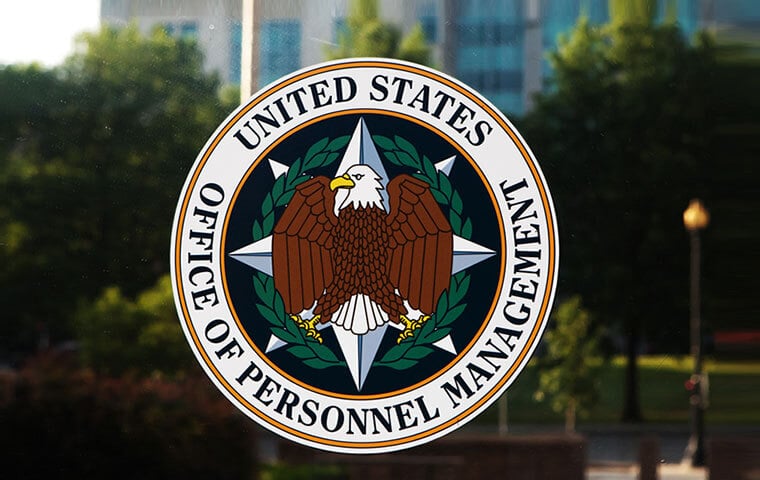 OPM reminded agencies that they “must apply competitive procedures for the purpose of implementing temporary promotions in excess of 120 days. Image: Mark Van Scyoc/Shutterstock.com
By: FEDweek Staff
OPM reminded agencies that they “must apply competitive procedures for the purpose of implementing temporary promotions in excess of 120 days. Image: Mark Van Scyoc/Shutterstock.com
By: FEDweek StaffRules proposed by OPM address pay-related issues arising when agencies temporarily assign employees to higher-graded duties, in the process reminding agencies of obligations to use competitive processes when such assignments are expected to be long in duration.
The rules proposal in the December 27 Federal Register addresses pay issues involved in a series of FLRA decisions and prior OPM policy determinations for time-limited promotions. It clarifies that when an employee has been non-competitively assigned to duties of a higher-graded position, they should be paid at the appropriate higher rate for the entire time if an arbitrator, court or an adjudicative body such as the MSPB finds the employee to be eligible for a temporary retroactive promotion that exceeded 120 days.
While the FLRA rulings involved only bargaining unit employees, the same principle would apply to non-bargaining unit employees “for the sake of consistency and fairness,” OPM said.
OPM meanwhile reminded agencies that they “must apply competitive procedures for the purpose of implementing temporary promotions in excess of 120 days. This is consistent with the wording of regulatory language that has existed for decades OPM believes requiring competition for these opportunities when they exceed 120 days supports merit system principles at 5 U.S.C. 2301 and provides greater job opportunities to the workforce.”
“For situations where agencies have more immediate, short-term needs of 120 days or less, it is appropriate for agencies to non-competitively assign higher-graded duties to qualified employees to meet these needs,” it says, but “competitive procedures should always be followed if the agency anticipates the assignment of higher-graded duties may exceed 120 days.”
“If the agency incorrectly anticipates the assignment of higher graded duties will last 120 days or less but later determines the need exceeds 120 days, the agency must follow competitive procedures for assignment of such duties beyond 120 days for any particular employee or assign the higher graded work to another qualified employee, up to, but not exceeding 120 days,” it adds.
Shutdown Meter Ticking Up a Bit
Judge Backs Suit against Firings of Probationers, but Won’t Order Reinstatements
Focus Turns to Senate on Effort to Block Trump Order against Unions
TSP Adds Detail to Upcoming Roth Conversion Feature
White House to Issue Rules on RIF, Disciplinary Policy Changes
Hill Dems Question OPM on PSHB Program After IG Slams Readiness
See also,
How Do Age and Years of Service Impact My Federal Retirement
The Best Ages for Federal Employees to Retire

